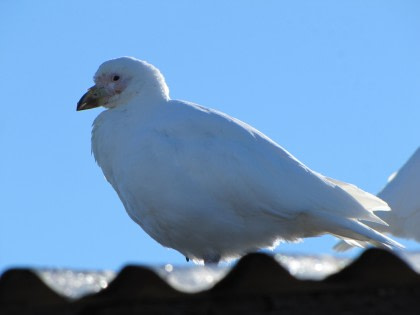South georgia highlights
26 highlights found
Highlights
Region
Destination
-
Show more
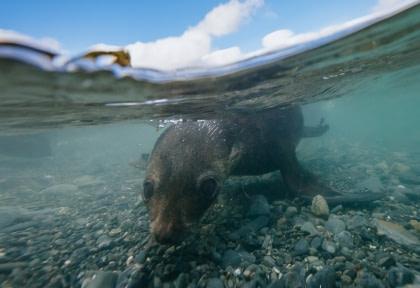
Antarctic Fur Seal
Wildlife
Once hunted nearly into extinction, these pointy-eared polar swimmers are the comeback queens and kings of the Antarctic
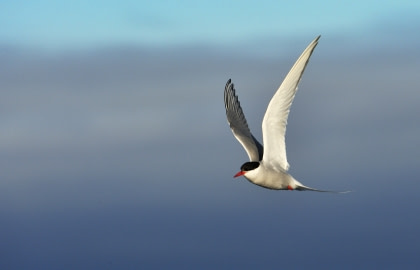
Arctic Tern
Wildlife
Among the most nomadic birds on the planet, these sun-loving tourists summer twice a year during their ambitious routes
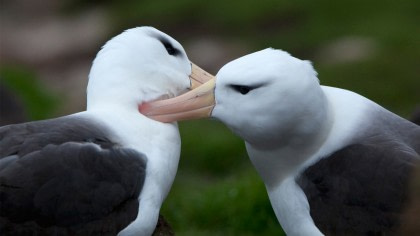
Black-browed Albatross
Wildlife
So efficient in the air that their in-flight heart rate barely rises above resting, these sub-Antarctic birds pack a stomach full of oil they can spit at would-be attackers
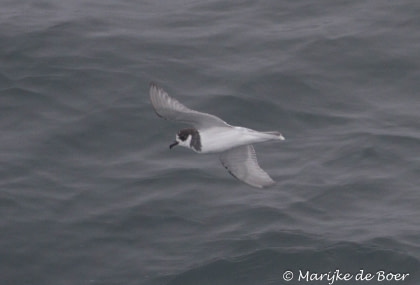
Blue Petrel
Wildlife
Spending all but the breeding season out to sea, these sole claimants of the genus Halobaena dash across the water to gain speed before liftoff
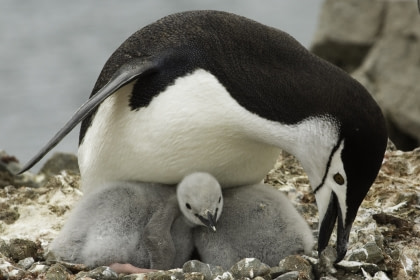
Chinstrap Penguin
Wildlife
Though armed with the "stonebreaker" nickname and a quarrelsome reputation, these gentoo relatives are fading from the Antarctic – probably due to climate change
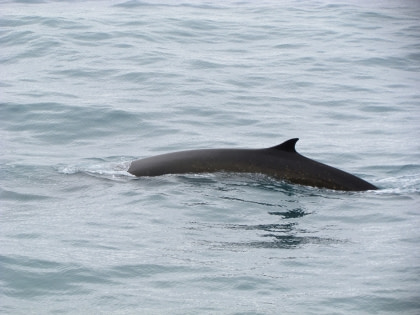
Fin Whale
Wildlife
Akin to their blue whale relatives both in size and the low frequency of their song, these "razorbacks" have asymmetrically colored faces thought to help them while hunting
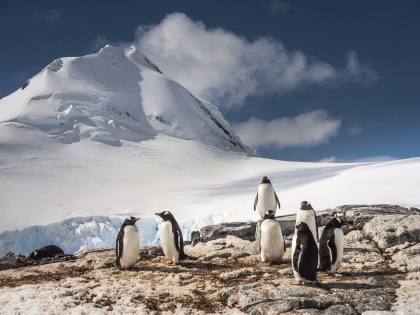
Gentoo Penguin
Wildlife
These hygienic divers are the only penguin species whose population is currently increasing along the Antarctic Peninsula
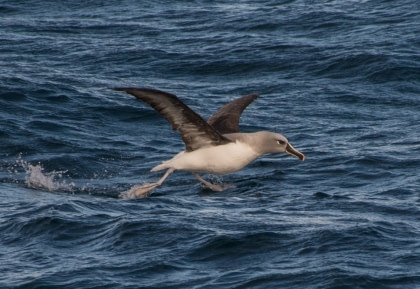
Grey-headed Albatross
Wildlife
These "gold-mouthed" mollymawks live at sea but spend most of their lives in the air, protecting their title as world's fastest horizontal flier
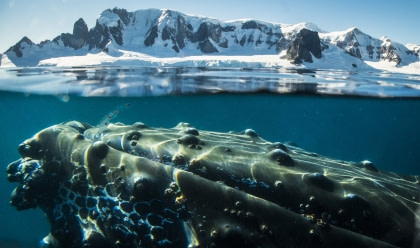
Humpback Whale
Wildlife
Also known as "great-winged newfoundlanders" for their wing-like flippers, these cetaceans earned their more contemporary name by the way they bow their backs before a dive
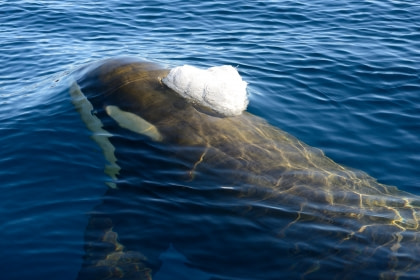
Killer Whale
Wildlife
Technically a kind of dolphin, orcas were once thought to appear as whales in the summer and wolves in the winter
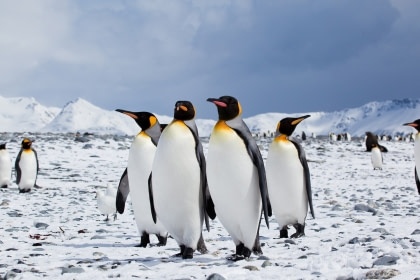
King Penguin
Wildlife
Second in size only to the emperor penguin, these colorful divers look so different than their own chicks that they were once thought to be a different species
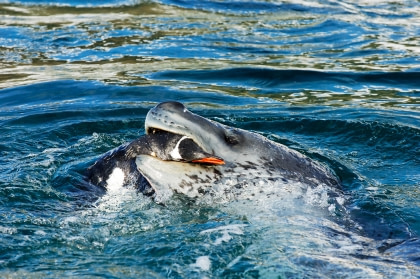
Leopard Seal
Wildlife
These "slender-clawed water workers" spend much of their lives submerged, though it's known they are the only member of their family to consume other seals
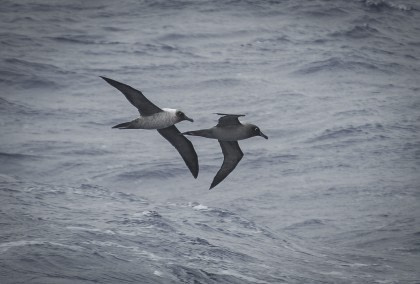
Light-mantled Albatross
Wildlife
Though these black-billed birds are so efficient at flying that they spend more energy at nest than in the air, they're often less than masterful at landing
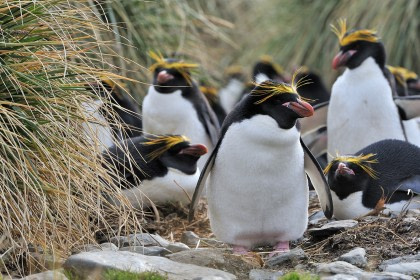
Macaroni Penguin
Wildlife
Named for their orange plume feathers, these shallow-nesting hoppers are the largest of the crested penguins
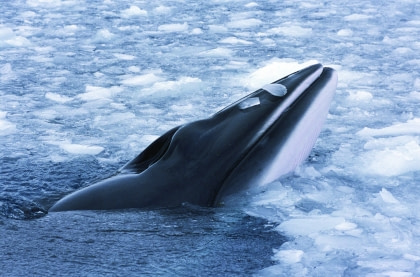
Minke Whale
Wildlife
Though the smallest of the fin whales, these migrating mammals can let out a cry as loud as a plane taking off
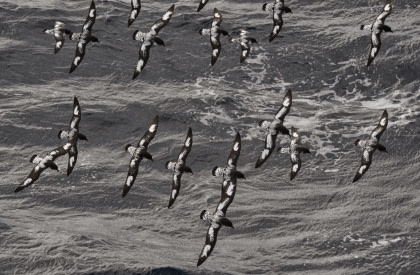
Pintado Petrel
Wildlife
Decked out in their distinctive dappled coloring, these dapper "little devourers" have a pigeon-like habit of pecking at the water while feeding
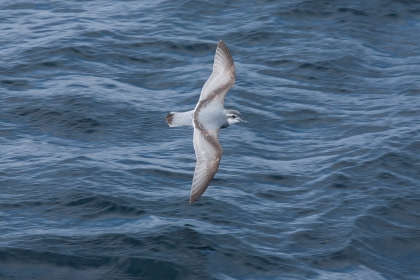
Prion
Wildlife
Named after the Greek word for "saw" due to their serrated bills, these marine petrels like to flock over surfacing whales to grab the fish that rise with them
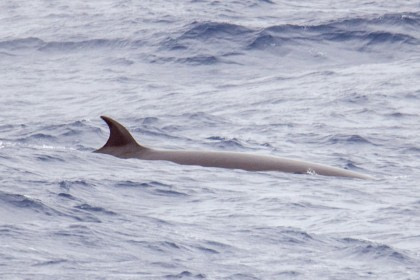
Sei Whale
Wildlife
Among the largest of their parvorder, these "winged whales" usually prefer warmer waters than their polar-traveling baleen relatives
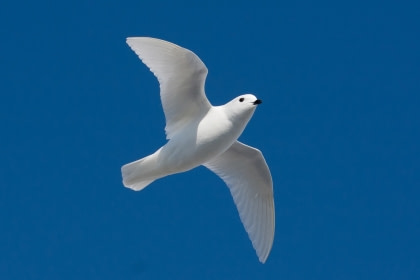
Snow Petrel
Wildlife
One of three species of birds that breed only in Antarctica, these water-runners are the only member of the Pagodroma genus
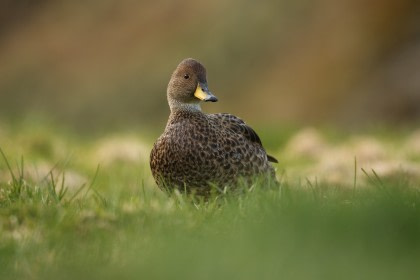
South Georgia Pintail
Wildlife
Formerly considered a full species, these ducks are now known to be a subspecies of the yellow-billed pintail
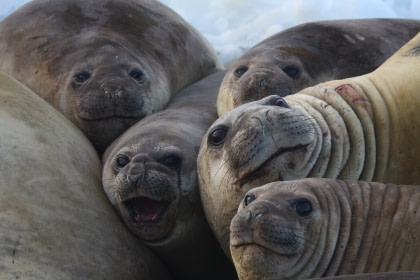
Southern Elephant Seal
Wildlife
The largest of their species, southern elephant seals are often found in haul-outs along Antarctic coastlines
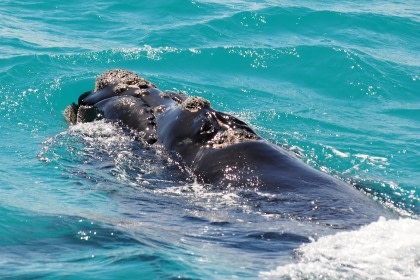
Southern Right Whale
Wildlife
These dorsal-less sailors know when it's time to take a load off, occasionally holding their back flippers in the air and letting the wind push them through the water
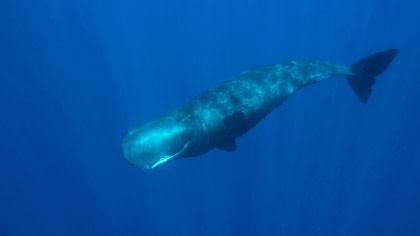
Sperm Whale
Wildlife
The inspiration for the white whale of Moby Dick, sperm whales have the largest heads, biggest brains, and make the loudest sound of any animal on Earth
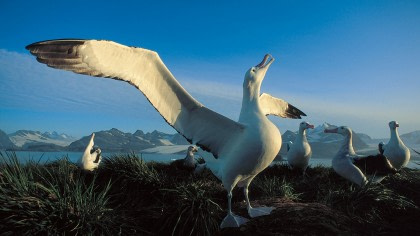
Wandering Albatross
Wildlife
These remarkably efficient gliders, named after the Greek hero Diomedes, have the largest wingspan of any bird on the planet
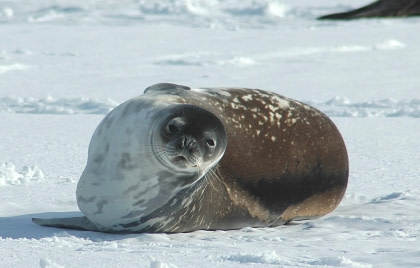
Weddell Seal
Wildlife
Named after the British navigator and sailor James Weddell, these extensively studied seals live farther south than any other mammal
